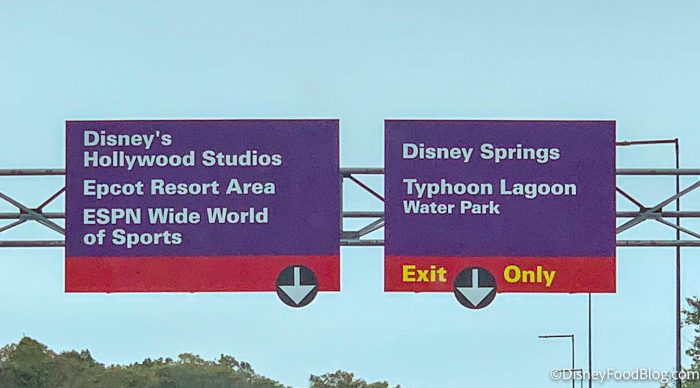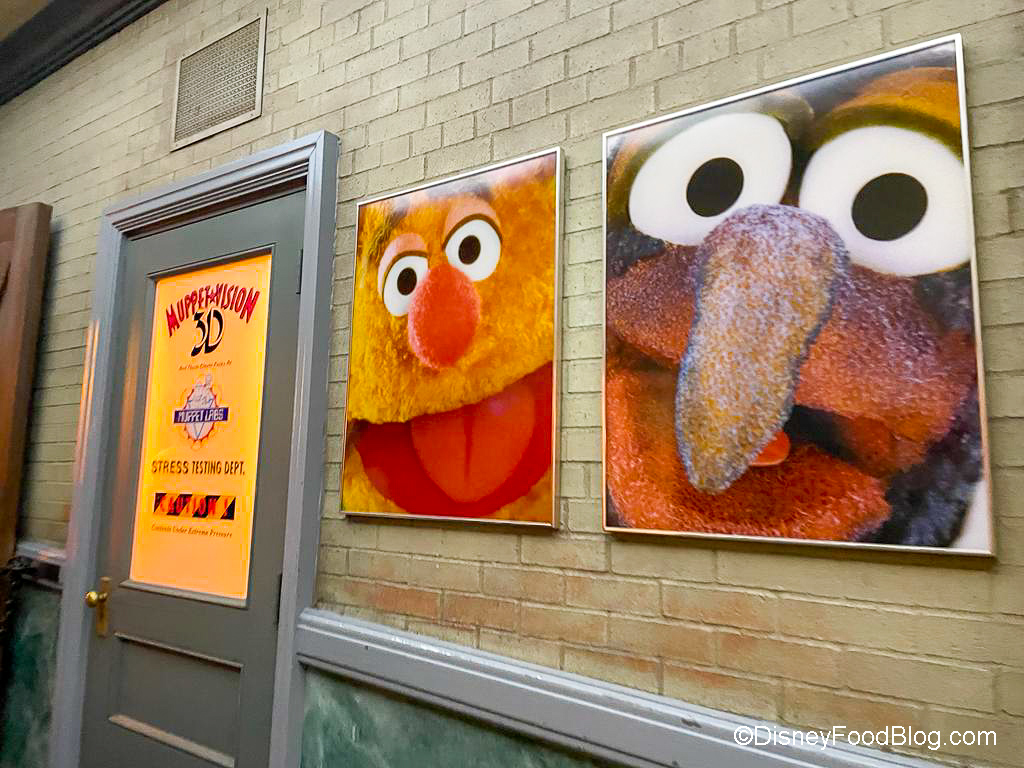We say it all the time … if only we could live at Disney World!
Ever since we watched The Suite Life of Zack & Cody on the Disney Channel, we’ve dreamed of living in a hotel. Just imagine it: a comfortable place to live in a gorgeous setting that you don’t have to clean!
And what better hotel to live in than one at Disney World? Amazing Cast Members to interact with every day, beautiful surroundings, delicious food, free transportation around the “neighborhood”…
Which hotel would you choose? Would you live in the coastal casual Beach Club Resort, so you could swim in Stormalong Bay every day? Maybe easy access to Dole Whip is your jam, so you would take up residence at the Polynesian Village Resort? Perhaps your dream involves drinking your morning coffee in the Victorian opulence of the Grand Floridian lobby (when that construction ends, that is)?
Yeah, bursting our own bubble here … we couldn’t afford to live in a Disney World hotel, either. 😞 But, did you know that even if you COULD afford to live in a Disney World hotel, you can’t? We’re taking a look today at a little-known Disney World hotel rule — one that we literally can’t afford to break.
When you check in to a Disney resort (or basically any other hotel, for that matter), you agree to some terms for your stay. While most of us (admit it!) don’t read the fine print, if you did, there among the rules about paying your bill and not smoking in your room, you would see this:
“Neither I nor any member of my party occupying any Disney Resort accommodation have/has any intention of making, and will never make, this Disney Resort accommodation a legal domicile or principal dwelling. My/our legal domicile is and shall forever be outside the Walt Disney World Resort.”
In other words … I will not live at a Disney hotel, ever.
If your plan was to live at Disney World, and you didn’t know about this rule, you would also find out pretty quickly that you can only reserve a hotel for 30 continuous days. So, why do these rules exist?
While some hotels have maximum stays for maintenance reasons — rooms may receive pest control services, maintenance work on heating and cooling systems, etc., at regular intervals when they are not occupied — there is also a legal reason for the “no longer than 30 days rule.”
Florida law defines a “transient public lodging establishment” (meaning somewhere people stay temporarily rather than live, like a hotel) as a group of units rented out to guests “for periods of less than 30 days or one calendar month.” So, that’s why you can’t stay more than 30 days — too many guests staying for long periods could put a Disney World resort at risk of being considered a permanent residence, rather than a hotel.
Hotel guests can be removed from their hotel room for any number of reasons, such as non-payment, unruly behavior, or basically breaking any hotel rule. A hotel can tell you to get out, and, if you don’t, they can call law enforcement to have you removed. Tenants, on the other hand, have to be evicted.
If a hotel calls law enforcement to have someone removed, and that someone appears to live at the hotel, it’s pretty likely that law enforcement will declare the matter a civil dispute and won’t get involved.
According to Florida law, a hotel guest becomes a tenant when some of the following factors are present:
- The guest has an ownership interest, financial interest, or leasehold interest in the property.
- The guest has property utility subscriptions.
- The guest uses the property address as an address of record with any governmental agency (e.g., the Department of Highway Safety and Motor Vehicles or the Supervisor of Elections).
- The guest receives mail at the property.
- The person has a designated space of his or her own, such as a room, at the property.
- The person has a substantial amount of personal belongings at the property.
- The person does not have an apparent permanent residence elsewhere.
The Florida Bar Association says that much more is required for a hotel to remove a guest who is now considered an “occupant” of their room:
“If such a guest does not pay the bill (a/k/a the rent), the hotel must serve him or her a three-day notice, wait for the three business days to expire (assuming it was hand delivered and that the default is not non-monetary, for which additional notice is required), file the lawsuit, obtain service of process, obtain a judgment of possession, obtain a writ of possession, wait for the sheriff to post a 24-hour notice and then, finally, consummate the eviction. To make matters worse, the hotel is forced to incur the expense of resorting to the judiciary while continuing in an undesired relationship in which it is likely losing income.”
Obviously, Disney — and any other hotel operator — would want to avoid those kinds of legal battles! And that’s why, even if you COULD afford to live in a Disney World hotel, well, you just can’t!
✨We can still dream, though, can’t we? ✨
Click here for a definitive ranking of every Disney World hotel!
Keep following DFB for all the latest Disney news!
Join the DFB Newsletter to get all the breaking news right in your inbox! Click here to Subscribe!
WE KNOW DISNEY.
YOU CAN, TOO.

Oh boy, planning a Disney trip can be quite the adventure, and we totally get it! But fear not, dear friends, we compiled EVERYTHING you need (and the things to avoid!) to plan the ULTIMATE Disney vacation.
Whether you're a rookie or a seasoned pro, our insider tips and tricks will have you exploring the parks like never before. So come along with us, and get planning your most magical vacation ever!
What hotel would you choose to live in at Disney World? Tell us in the comments!




























 Our handy (and portable!) ebook guides make sure you get the best deals and can plan a vacation of a lifetime.
Our handy (and portable!) ebook guides make sure you get the best deals and can plan a vacation of a lifetime.

Wait. What about the NBA players that stayed there with their families in the WDW bubble?